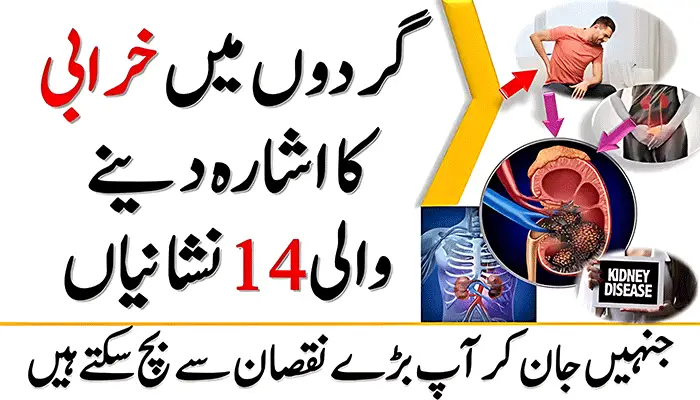Introduction
Anemia, specifically iron deficiency anemia, is a common blood disorder characterized by a lack of sufficient iron in the body. It can lead to fatigue, weakness, shortness of breath, and other debilitating symptoms. Fortunately, anemia can often be effectively managed and even reversed through a combination of dietary changes, supplements, and home remedies.
Understanding Iron Deficiency Anemia
Iron deficiency anemia occurs when the body does not have enough iron to produce hemoglobin, the protein in red blood cells responsible for carrying oxygen to tissues throughout the body. Causes of iron deficiency anemia may include inadequate dietary intake of iron, poor absorption of iron from the diet, blood loss (such as from menstruation or gastrointestinal bleeding), or increased demand for iron (such as during pregnancy or rapid growth periods).
Symptoms of Iron Deficiency Anemia
Common symptoms of iron deficiency anemia include:
- Fatigue and weakness
- Shortness of breath
- Pale or yellowish skin
- Headaches and dizziness
- Cold hands and feet
- Brittle nails
- Irregular heartbeat
- Restless legs syndrome



Treatment Options for Iron Deficiency Anemia
1. Iron Supplements
Iron supplements are often prescribed to replenish iron stores in the body and alleviate symptoms of iron deficiency anemia. These supplements are available in various forms, including ferrous sulfate, ferrous gluconate, and ferrous fumarate. It’s essential to take iron supplements as directed by a healthcare provider to avoid side effects such as constipation and stomach upset.
2. Dietary Changes
Increasing dietary intake of iron-rich foods can help prevent and treat iron deficiency anemia. Good sources of dietary iron include red meat, poultry, fish, beans, lentils, tofu, spinach, fortified cereals, and dried fruits. Pairing iron-rich foods with foods high in vitamin C, such as citrus fruits, bell peppers, and tomatoes, can enhance iron absorption.
3. Vitamin C Supplements
Taking vitamin C supplements or consuming vitamin C-rich foods alongside iron supplements can enhance iron absorption in the body. Vitamin C helps convert iron into a more absorbable form, improving its uptake by the intestines.
4. Herbal Remedies
Certain herbal remedies, such as yellow dock root, nettle leaf, and dandelion greens, are believed to have iron-boosting properties and may help alleviate symptoms of iron deficiency anemia. However, it’s essential to consult with a healthcare provider before using herbal remedies, especially if taking medications or supplements.
5. Avoiding Iron Blockers
Some substances can inhibit iron absorption in the body and should be avoided or consumed in moderation by individuals with iron deficiency anemia. These include tea, coffee, calcium supplements, antacids containing calcium or aluminum, and foods high in phytates (such as whole grains and legumes).
Conclusion
Iron deficiency anemia can have significant impacts on overall health and quality of life, but it is a condition that can often be effectively managed with the right approach. By incorporating iron supplements, dietary changes, vitamin C supplementation, herbal remedies, and avoiding iron blockers, individuals with iron deficiency anemia can improve their iron levels and alleviate symptoms. It’s essential to work closely with a healthcare provider to develop a personalized treatment plan tailored to individual needs and circumstances.



